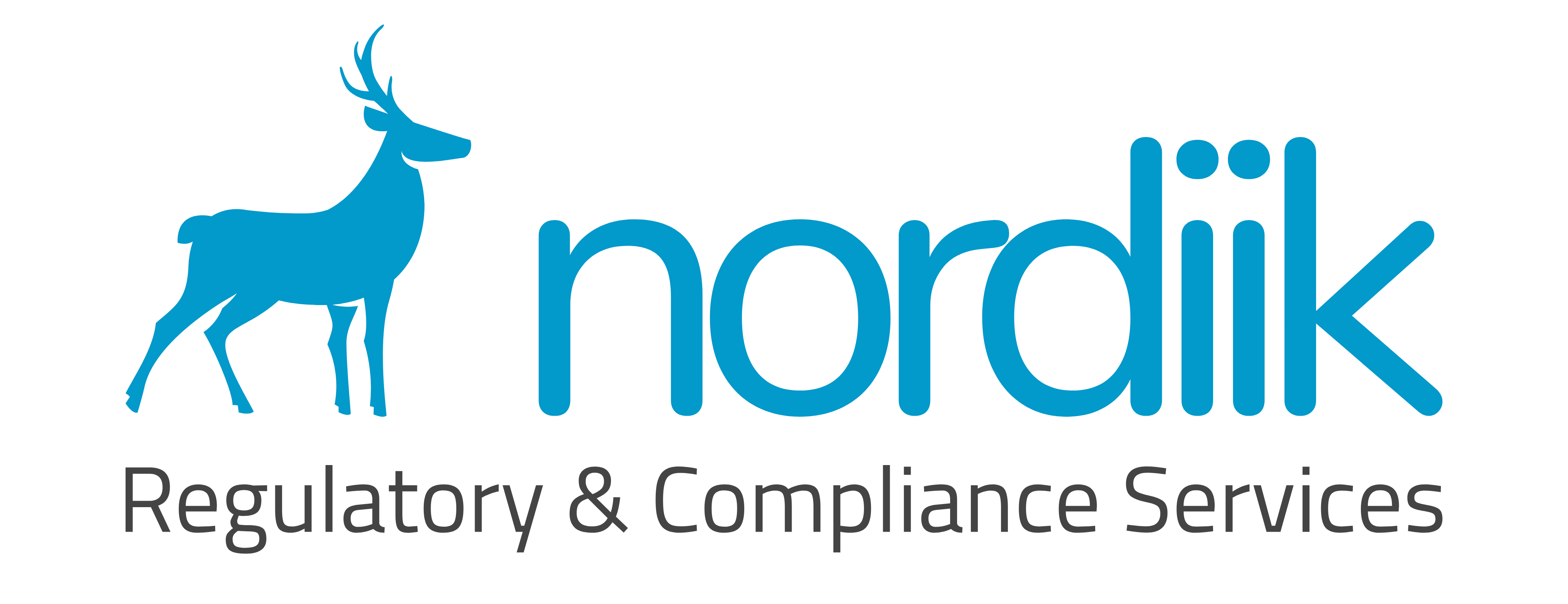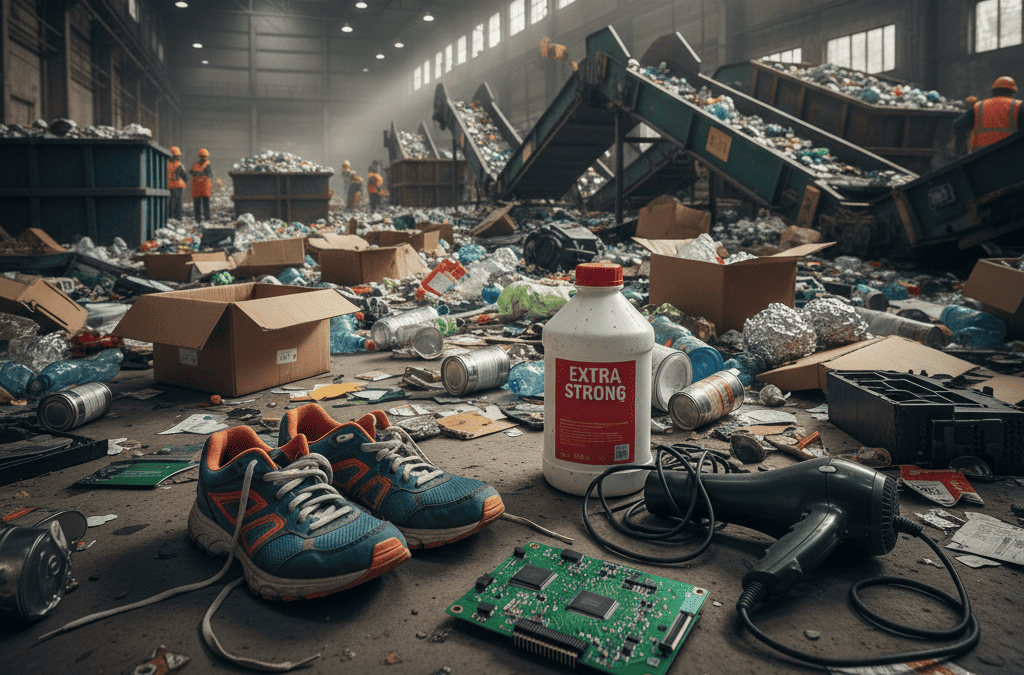Industry Split Over the Possible Scrapping of the EU’s SCIP Database
The European industry is deeply divided following the European Commission’s recent proposal to discontinue the SCIP database (Substances of Concern In Products). While certain companies and sectors have welcomed the notion as a much-needed relief from administrative burden, others are cautioning that its removal would seriously undermine the transparency of chemicals throughout the supply chain—a fundamental aim of the EU’s environmental strategy.
The SCIP database was established under the Waste Framework Directive (WFD). This regulation obligues companies to notify ECHA if their products contain Substances of Very High Concern (SVHCs) that are on the REACH Candidate List. Its core purpose is to enhance the traceability of these substances from the producer right through to the waste phase. This makes easier for waste management operators to make decisions and encouraging the eventual substitution of hazardous chemicals.
Arguments for Simplification
The European Commission’s move to consider abolishing SCIP is part of a broader push to reduce the regulatory workload on EU businesses, particularly Small and Medium-sized Enterprises (SMEs). Supporters of the proposal argue that the process of gathering and submitting data to SCIP is highly inefficient and consumes significant resources without delivering a proportional benefit. For many businesses—especially those with large product portfolios and complex supply chains—continuous notification to the database has become a costly bottleneck. This causes diversion of resources away from innovation and other essential operations. Cutting this red tape is therefore seen as a direct way to boost the competitiveness of European companies.
Defending Transparency and the Circular Economy
In stark contrast, a wide range of stakeholders, including waste managers, environmental organisations, and parts of the industry itself, have voiced profound concern. Their main argument is that dismantling SCIP would destroy the progress achieved in developing the circular economy. The data supplied through the database is crucial for waste operators, as it enables them to correctly identify and treat articles containing SVHCs, thereby preventing pollution and improving the quality of recycled materials.
The voice of civil society has also proven decisive. A consultation on simplifying administrative burdens in environmental legislation, which concluded on 10 September, received a record 119,543 comments. This figure, largely driven by a public campaign from NGOs, clearly highlights the significant public interest in maintaining transparency regarding chemicals in consumer products.
Future Outlook
The European Commission’s ultimate decision will hinge on balancing the perceived benefits of administrative simplification against the risk of compromising the goals of the EU’s Chemicals Strategy for Sustainability and the Circular Economy. While industry is hoping for a solution that eases pressure without sacrificing safety, the future of the SCIP database remains uncertain, reflecting the inherent tension between ambitious environmental policy and the imperative of economic competitiveness across the continent.
Do you need support to ensure compliance with the regulations on chemicals in articles? Nordiik can help—contact us!
Source: Enhesa









